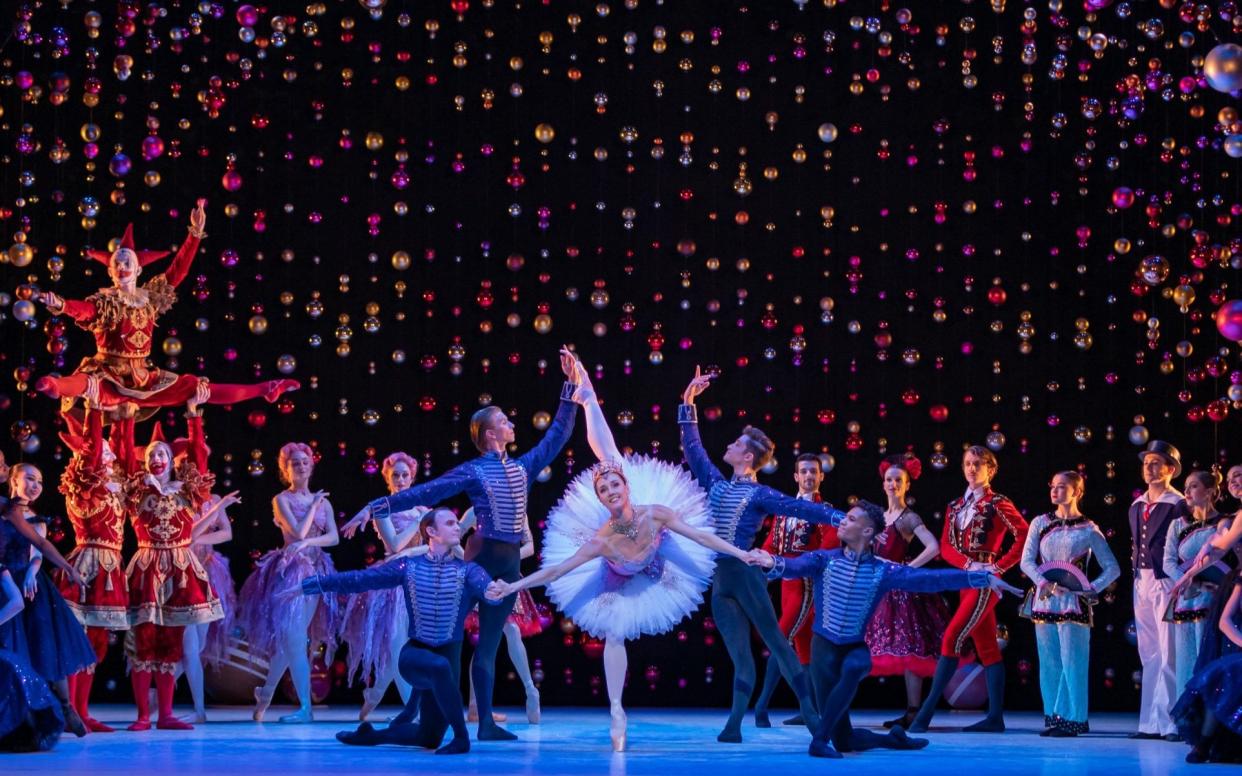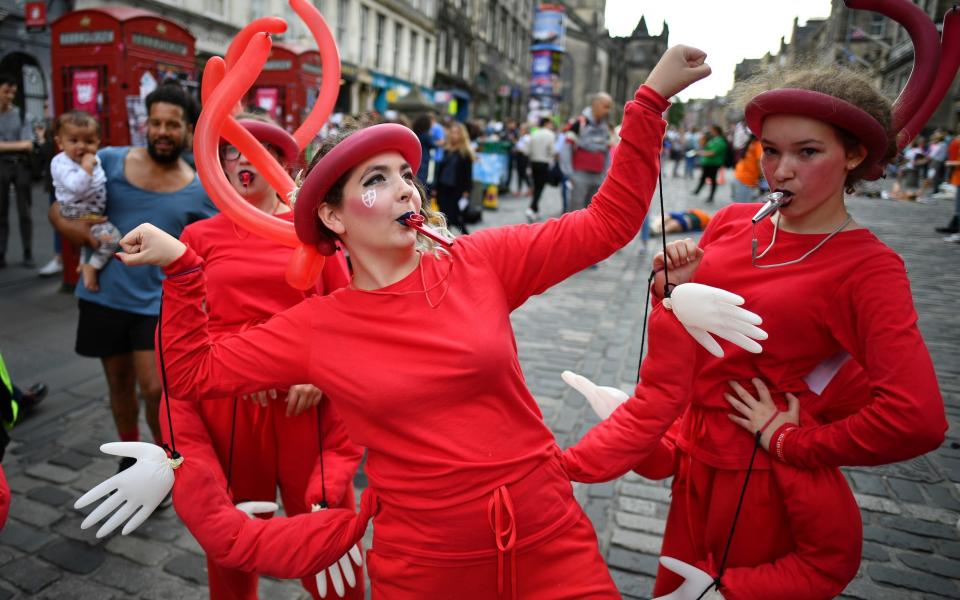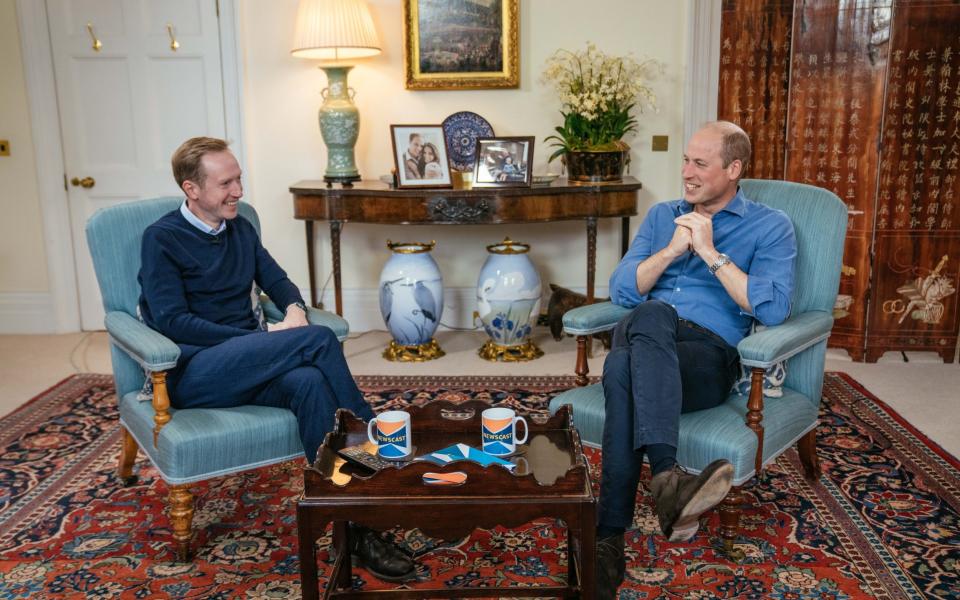What the arts should do more of – and less of – in 2022

Art
Where to start? Enough with “blockbuster” shows that fail to shed fresh light on their subjects. Time, surely, to stop pretending the NFT (non-fungible token) “boom” is about fine art. Forced to pick just one resolution, though, I’d encourage our galleries and museums not to be so, well, preachy and judgy. Alas, there’s no guarantee that the great artists of the past were exemplars of moral rectitude in their personal lives – in fact, the opposite was often the case. So, curators of Britain, take note: let’s grow up and ditch the grousing, bellyaching and finger-wagging. Besides, in our age of hair-trigger disapproval and righteous condemnation, when artists bend over backwards to be empathetic and polite, couldn’t we do with a little more disruption and provocation, to challenge the consensus? After all, art, as Picasso once said, is supposed to be subversive.
Alastair Sooke
Books
Where are the young male novelists? Their marked absence from the contemporary literary scene has been one of the criticisms levied at publishing in the past 12 months as it finds itself caught in the crosshairs of the culture wars. So we need to hear more new male voices, however absurdly offensive this may sound to those who make lots of noise on Twitter. The threats facing fiction in the social media age are manifold, not least a growing distrust of pluralism and the subjective imagination, and in 2022 publishing needs to work ever harder to enable writers of all backgrounds to be free to tell the stories they want to tell. Or in the words of Bernadine Evaristo, novelists, in 2022, must be free to “stray from their lane”.
Claire Allfree
Classical music
This was the year classical music decided to fight for good causes. There was no shortage of them. As well as countering the depression and fear and sheer boredom of living under lockdown, there were other more politically contentious ones: giving proper exposure to marginalised composers, or raising awareness of looming environmental disasters. Amid all the earnest striving for relevance, it could often seem as if simple pleasure in music was taking a back seat. So my advice for classical music in 2022 is: set it free. Let it just be music, giving joy to the heart and nourishment to the mind.
Ivan Hewett
Comedy

The past two years of live comedy have had a hole at their heart: the Edinburgh Fringe, hollowed out by Covid restrictions. Usually the largest arts festival on earth, it’s utterly unique: a place where a free gig in the basement of a Mexican restaurant can suddenly become the hottest ticket in town, a place where stars of the future are spotted, where fans can take in 14 hours of stand-up in a day, and where comedians can fine-tune their gags over a full month of shows. In 2022 I’d love to see the festival that introduced the world to Fleabag, The League of Gentlemen and Al Murray: The Pub Landlord return to full, raucous health.
Tristram Fane Saunders
Dance
In 2021, the Royal Ballet and Scottish Ballet both made culturally sensitive tweaks to their productions of The Nutcracker that, far from smacking of knee-jerk wokery or causing any artistic damage, actually enriched them. My advice to ballet companies everywhere is to keep policing their existing, older productions as 2022 unfolds, while also keeping a clear, sane, Twitter-free head about the whole thing. By ensuring that shows, where necessary, subtly and intelligently move with the times, they should be able to keep them relevant and thereby keep them full stop: allowing productions to stagnate, culturally speaking, could make them more vulnerable to being cancelled altogether.
Mark Monahan
Film

It’s both too obvious and futile to beg Hollywood to kick its superhero habit outright. So instead, I’d urge the studios to start cultivating an audience who’ll still be there when the craze finally abates. In short, it’s time to reconnect with the grown-ups – to remember how to tell the kind of smart, witty, moving, provocative stories that migrated to streaming platforms almost 10 years ago, and remind us, indulgently and relentlessly, of the extra spectacle and glamour cinema affords. The hits will pay for the misses, largely because the misses won’t cost you £200 million. And for all our sakes, work out how to market them while you’re at it.
Robbie Collin
Opera
In spite of the temptation to rebuild as before, the resolution must be: don’t abandon innovation. People no longer want to spend a lot of money going to the opera just to see a lot of money being spent on stage. Take every advantage to change the business model, build in the ability to experiment, try new versions of operas with fewer resources, more economical (and climate-friendly) sets and costumes, cultivating the best of our brilliant younger generation of singers. Don’t abandon new, lesser-known and experimental repertory, because that is the lifeblood of the future that will give opera the guarantee of survival into a new generation.
Nicholas Kenyon
Pop
The music industry should resolve to make streaming fairer for musicians. Streaming companies should adopt a user-centric model to distribute royalties based on what each subscriber chooses to listen to, while vastly increasing royalty rates to performers and composers in line with the radio stations they are effectively becoming. Major record companies should voluntarily revise artist contracts to reflect the low-cost, low-maintenance realities of streaming. If more money finds its way to those who make the music, talented people will be empowered, the music scene will get more exciting, audiences will respond, the industry will flourish and everyone will win. Well, we can dream, can’t we?
Neil McCormick
Radio

Enough podcasts by comedians! A couple of years ago, every other podcast was a true-crime examination of a grisly murder. Now, the fashion has turned towards half-hearted interview-based podcasts concocted by comedians instead. And then they all go on their comedian pals’ podcasts and interview each other, so you hear the same anecdote three times. Compare and contrast live radio, particularly stations from outside the UK, where a fresh perspective is guaranteed and the sky widens as you listen. So my advice for 2022 is for listeners to tune in far more to different stations around the world, keeping the ear open to surprise and discovery.
Charlotte Runcie
Television
In 2022, I’d like writers to give up TV’s most well-worn character: White Wine Woman. You know her. She lives in a house with a marble-topped kitchen island. Her life is about to fall apart when a secret from her past comes back to haunt her, or she discovers that her partner has been leading a double life. Whatever the problem, she will deal with it by coming home, walking straight to the fridge and knocking back a large glass of sauvignon blanc without sitting down. Really, I’d prefer writers to go cold turkey on these domestic thrillers with women in peril. But if they must, at least mix it up a bit. Instead of the wine, how about a nice cup of tea?
Anita Singh
Theatre
“Theatre Twitter” – the Twitter feeds of the theatre-making community - can be witty, playful and useful. During the pandemic, it has sometimes raised our spirits, and kept us informed. Still, there was far too little let-up of its habitual, dismal mix of cynicism and rudeness – often entailing savage pile-ons – and shallow, self-righteous proclamations of left/woke positions. “Please let’s wonder what the ceaseless negativity, carping, two-faced bitching… achieves,” the playwright David Eldridge lamented (to predictable abuse) in November. “Art is worth more than a million negative tweets”. Exactly. How much better it would be for this nominally sociable art-form – and its image – if the theatre world quit the site en masse and saved its energy for kinder, gentler, more creative activity this year. I’ll take a break from it in 2022. I’ll hope against hope that it follows suit.
Dominic Cavendish
